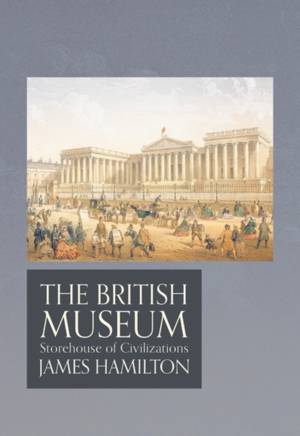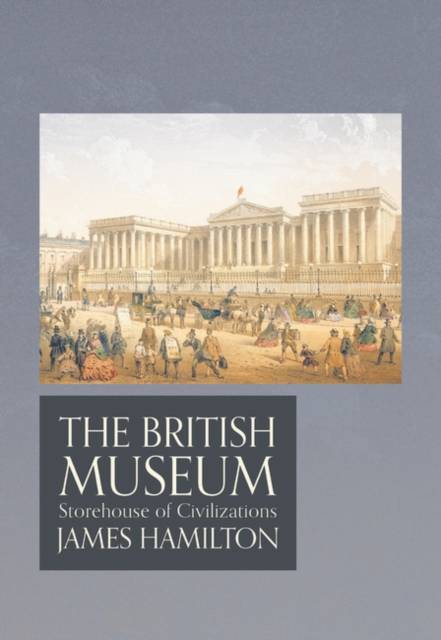
- Retrait gratuit dans votre magasin Club
- 7.000.000 titres dans notre catalogue
- Payer en toute sécurité
- Toujours un magasin près de chez vous
- Retrait gratuit dans votre magasin Club
- 7.000.0000 titres dans notre catalogue
- Payer en toute sécurité
- Toujours un magasin près de chez vous
Description
A concise history of one of the world's greatest and most comprehensive museum collections, from its founding in 1753.
A product and symbol of the 18th-century Enlightenment, the British Museum is as iconic an expression of that cultural tendency as Johnson's Dictionary, the French Encyclopedie and Linnaean plant classification. Its collections embody the raw material of empiricism - the bringing together of things to enable the widest intellectual experiment to take place.
James Hamilton explores the establishment of the Museum in the 1750s (from the bequest to the nation of the collections of Sir Hans Sloane); the chosen site of its location; the cultural context in which it came into being; the subsequent development, expansion and diversification of the Museum, both as a collection and as a building, from the early 19th to the 21st century; the controversy occasioned by some of its acquisitions; and the legacy and influence of the Museum nationally and globally.
Spécifications
Parties prenantes
- Auteur(s) :
- Editeur:
Contenu
- Nombre de pages :
- 208
- Langue:
- Anglais
- Collection :
Caractéristiques
- EAN:
- 9781786691835
- Date de parution :
- 05-04-18
- Format:
- Livre relié
- Format numérique:
- Genaaid
- Dimensions :
- 135 mm x 200 mm
- Poids :
- 452 g

Les avis
Nous publions uniquement les avis qui respectent les conditions requises. Consultez nos conditions pour les avis.






